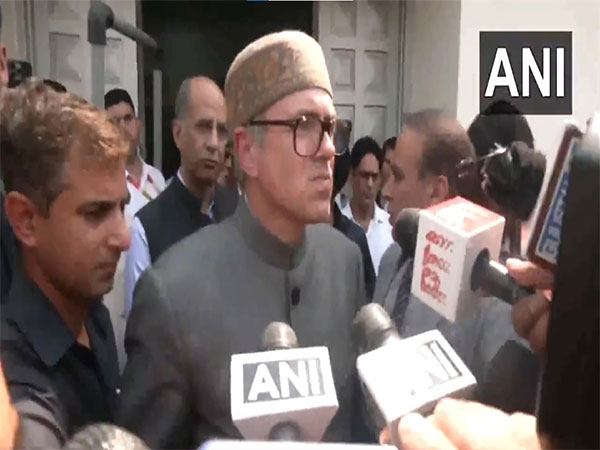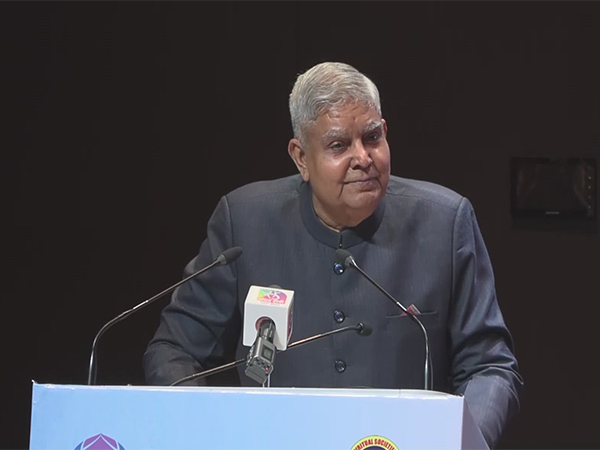Ahead of India's election for UNSC non-permanent seat, MEA launches brochure outlining campaign
Jun 05, 2020

New Delhi [India], June 5 : Ahead of the June 17 elections to secure a seat on the United Nations Security Council (UNSC) as a non-permanent member, the Ministry of External Affairs on Friday launched a brochure outlining the priorities of India's campaign.
Minister of External Affairs S Jaishankar announced that the polls for India's temporary seat in the United Nations Security Council (UNSC) as a non-permanent member would take place on June 17. India would be contesting for the non-permanent member seat whose tenure is of 2 years, beginning from January 2021.
India has emerged as the single-endorsed candidate from the Asian Pacific regional group, amid the larger push for the country to be made a permanent member of the five-nation apex grouping, currently comprising the US, UK, Russia, China, and France.
"Ten years since we were last elected to the UNSC. We are facing four very different challenges to international peace and security," Jaishankar said, addressing the media.
"One, the normal process of international governance has been under increasing strain as frictions have increased. Second, traditional and non-traditional security challenges continue to grow unchecked. Terrorism is the most egregious of such examples. Three, global institutions remain underrepresented; they are therefore less able to deliver. Four, the COVID-19 pandemic and its grave economic repercussions will test the world like never before," he added.
"In this extraordinary situation, India can play a positive global role. We have always been a voice of reason", Jaishankar concluded as he unveiled India's bid for the UNSC seat by releasing a brochure that reflects Prime Minister Narendra Modi's '5S' approach to the world - 'samman' or respect, 'samvad' or dialogue, 'sahyog' or cooperation, 'shanti' or peace and 'samridhi' or prosper.
Jaishankar said that the brochure captures the priorities that India has set for itself seeking responsible and inclusive solutions, concrete and result-oriented actions at the Security Council for an effective response to international terrorism as well as a reformed multilateralism to reflect contemporary realities.

















